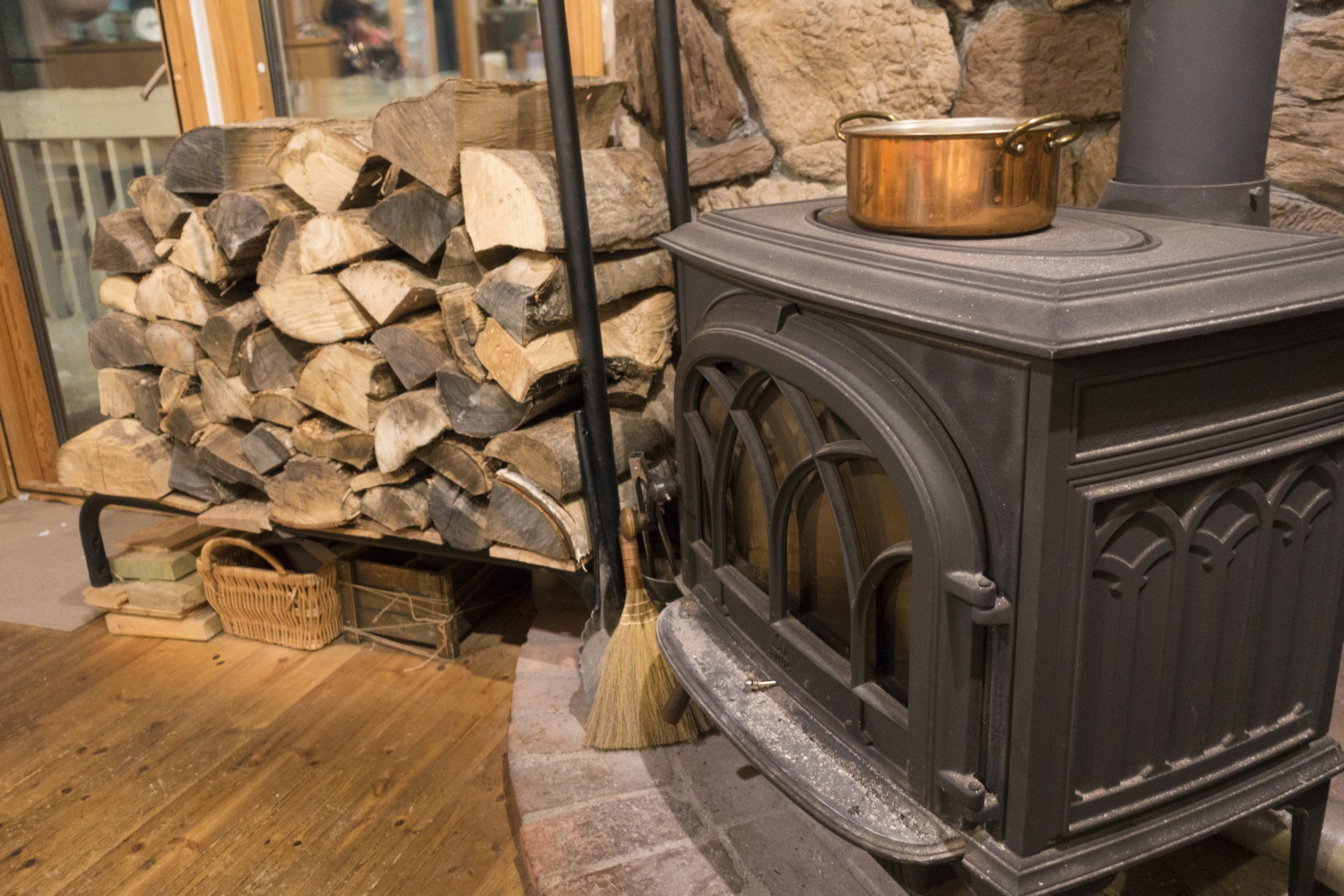Wood burners are the leading cause of Central Otago air emissions exceeding national limits, the Otago Regional Council (ORC) says.
ORC air quality scientist Sarah Harrison said the extreme seasonal patterns in the data showed household heating was the main problem.
The exceedances were a result of the emissions and the environment, she said.
This winter there were 21 breaches of national air quality standards — three in Alexandra, 14 in Arrowtown and four in Mosgiel.
“So far this year, June has been the worst month for exceedances due to regionwide cold snaps,” she said.
The good news was Alexandra’s breaches were fewer than last year.
The ORC undertakes a continuous air-quality monitoring programme to measure the particulates in the air with a diameter of 10 micrometres or less (PM10) — about the width of a human hair.
“We have some of the worst ambient air particulate matter [PM] concentrations in the country. PM, like other air pollutants, is very dangerous to our health and responsible — globally and nationally — for large numbers of premature deaths, respiratory and cardiovascular disease and restricted activity days,’’ Ms Harrison said.
Ways to reduce PM levels included replacing older wood burners, open fires and multi-fuel burners with ultra-low-emission burners or alternative heating such as pellet burners or heat pumps, she said.
For those with a wood burner, it was important to follow best practice burning techniques to reduce emissions, starting with burning dry wood and only putting wood and paper in a wood burner.
If done correctly, the first 10-15 minutes were likely to produce smoke but there should be no visible smoke after that, Ms Harrison said.





